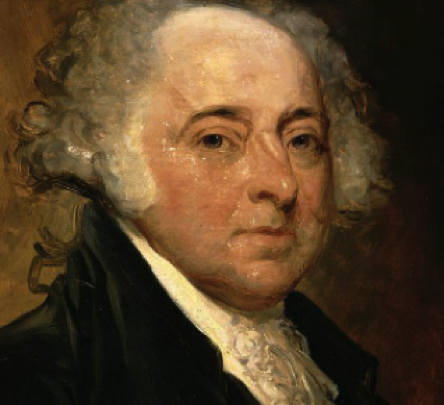Mixed Member Proportional Representation
- Jesse Kumin
Check out the discussion and news feed on Best Democracy on Facebook.
Join Best Democracy on Meetup.
Organize local Pro Rep events.
... a "representative assembly... should be in miniature an exact portrait of the people at large. It should think, feel, reason and act like them."
In an additional member Mixed Member Proportional (MMP) with an Open List system (mixed party and candidate), each elector casts two votes instead of one. On a double ballot, the elector chooses a party of choice and also his or her favorite candidate among those listed. Voters can mix their party and candidate choices. It offers the greatest diversity of voter choice and makes individual candidates within a party accountable. It also precludes choke holds party bosses can exert on candidates in "Closed List" systems. With multiple parties fielding candidates, candidates also have more choice and much greater ballot access. If an office holder doesn't like the direction of a party, that individual can more easily move to another party. MMP offers easy candidate ballot access through a full spectrum of ideological viewpoints, offering voters a full spectrum of choice. New Zealand and Germany both use MMP.
Wilf Day has written an excellent history of MMP on his blog: Why did Germany adopt MMP?
"Austen Albu invented MMP at a meeting Feb. 16, 1946. (Winning The Peace: the British in occupied Germany, 1945-1948.) Albu was an engineer and active Labour Party member who, at age 42, was appointed by the British Labour government’s Minister responsible for Germany to be head of the ‘German Political Department’ in the Political Division of the British Control Commission for Germany, and became Deputy Chairman of the Governmental Sub-Commission. (Albu’s great-grandparents had come from Poland to England around 1840. In Germany in 1946 he helped Social Democrat Kurt Schumacher fight off Soviet Zone attempts to fuse the SPD with the Communist Party. Albu went on to win a UK by-election in 1948, and as a Labour MP became the Minister of State for Economic Affairs 1965 to 1967.)"
The downside of MMP as implemented in Germany and New Zealand is the use of First Past the Post in district elections. Elections at the district level are not proportional. I'm proposing a Hybrid Mixed Member Proportion/Single Transferable Vote system that will offer the greatest candidate ballot access, greatest accuracy of voter intent, greatest voter choice and highest voter satisfaction. Hybrid Pro Rep is proportional at both the district and regional levels. Sample systems are on the Hybrid Pro Rep page.

John Adams
Second President
In 1776 John Adams wrote an influential pamphlet “Thoughts on Government”.

Inclusive Democracy for the 99% 14.3 MB .pdf
